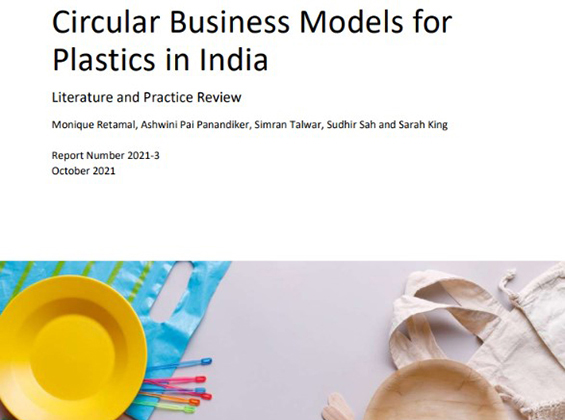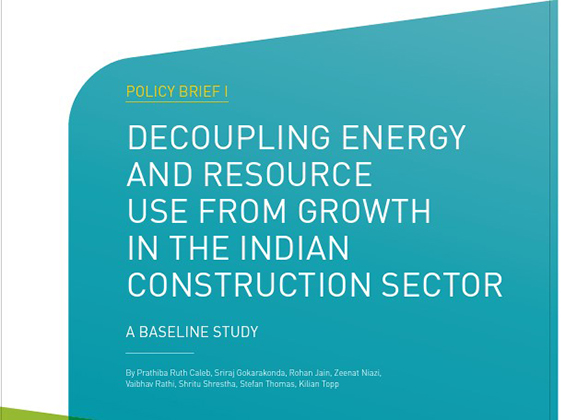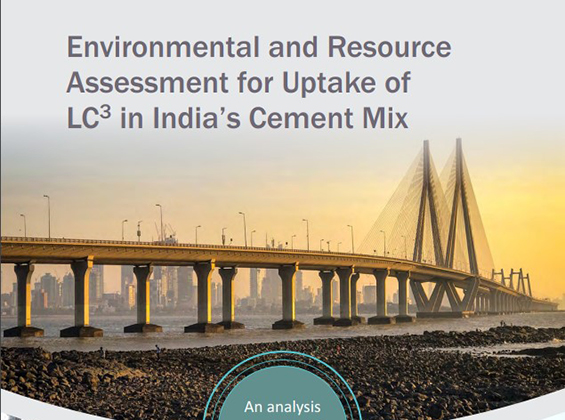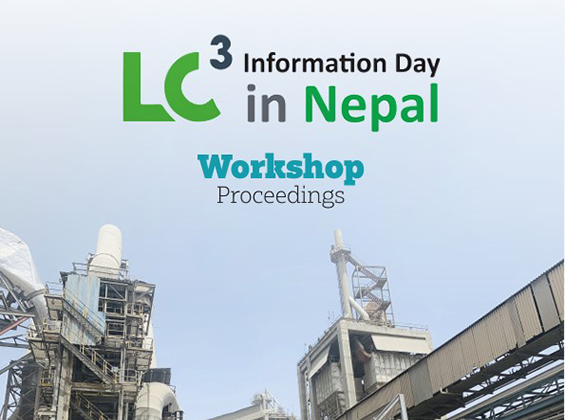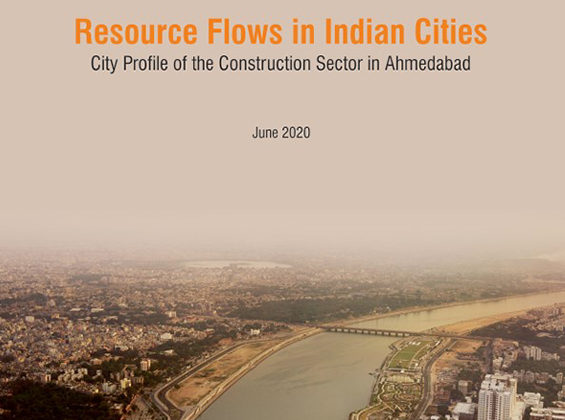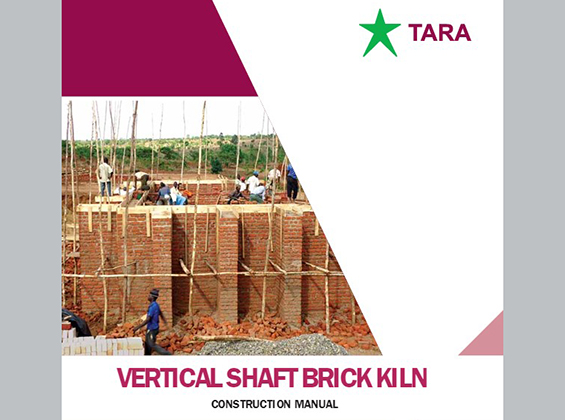By implementing sustainable technologies, stone crushing units can effectively manage and minimize the waste generated, contributing to a more sustainable and environmentally conscious operation.

Waste management
The linear take–make–waste approach, i.e., from extraction of raw materials to the product disposal stage, not only contributes to a constant chain of natural resources’ use but also to a huge economic share on managing waste. Once waste is produced, money, manpower, and additional resources must be spent to manage it. The best and least expensive means of waste management is to reduce the amount of waste generated at the source itself and then gradually transition to a circular economy.

Flagship Projects
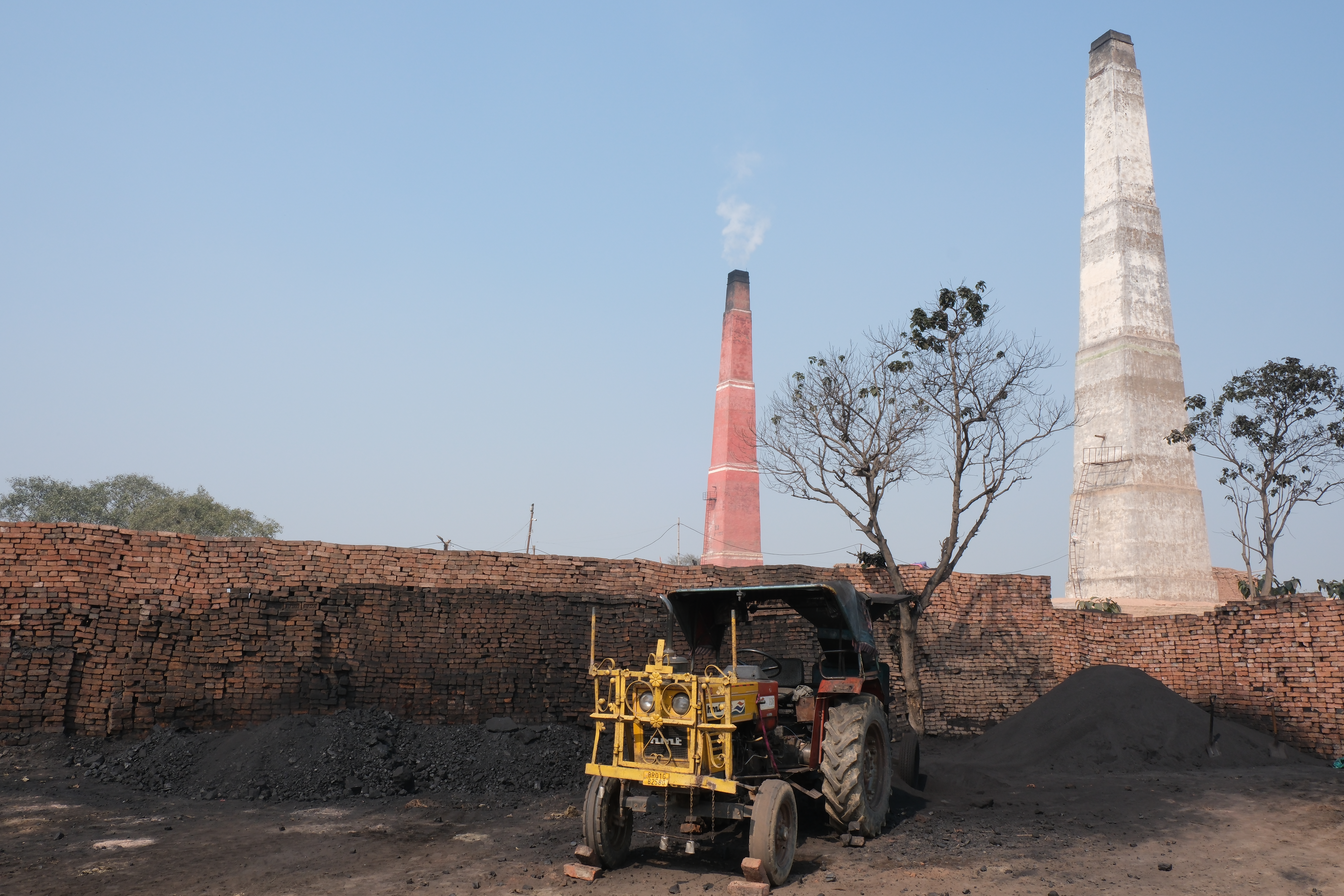
UoN: GeoAI brick kiln
The Rights Lab at UNDP India and the University of Nottingham collaborated to develop the GeoAI platform for Brick Kilns, which uses these technologies to map brick kilns throughout the Indo-Gangetic plains. A major component of the project involves ground-level inspection and data collection from brick kilns, using the GeoAI platform by Technology and Action for Rural Advancement (TARA). The project is currently being carried out across 7 states, Bihar, Odisha, Uttar Pradesh, Chhattisgarh, West Bengal, and Assam, with the objective of reducing carbon emissions from the brick kiln industry through technology-driven interventions and sustainable practices.
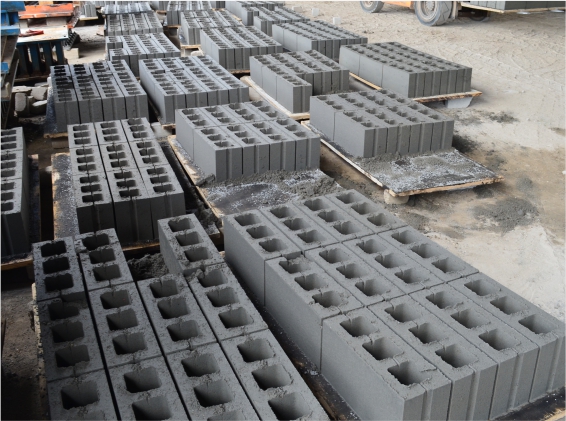
Low Carbon Cement (LCC)
This project supported by the Swiss Agency for Development and Cooperation (SDC) through its Global Programme Climate Change and environment (GPCCE). The Project consists of an international consortium headed by the Ecole Polytechnique Fédérale de Lausanne (EPFL). Three lndian lnstitutes of Technology (llTs) in lndia (Delhi, Bombay and Madras), lndian based Society for Technology and Action for Rural Advancement (TARA) and the Universidad Central de Las Villas (UCLV) in Cuba are the implementation partners in the corresponding countries. The aims of the project is to develop and introduce an innovative method of cement manufacturing that uses calcined clay as a substitute for traditional cement
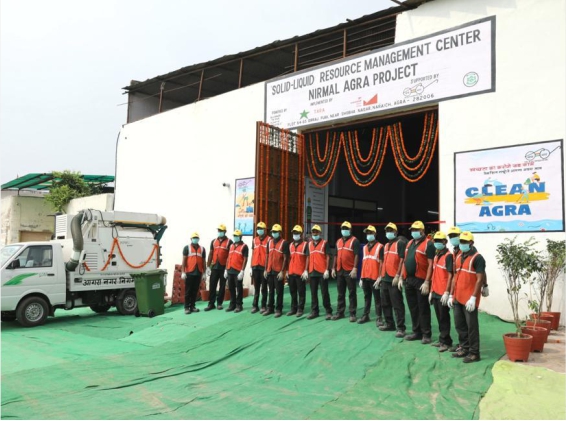
Nirmal Agra
Integrated Waste Management initiative, Nirmal Agra Project aims to set up new waste collection infrastructure, augment existing waste collection infrastructure, improve data capture and reporting, establish, and upgrade existing waste sorting infrastructure, and undertake behavioural change programmes – to address the issue of leakage of plastic waste into the environment in Agra. This project focuses on Investment, Innovation, and Infrastructure to help improve plastic waste collection, transportation, segregation, and processing, with a strong focus on inclusion of the informal sector. A formal MoU has been signed with Agra Nagar Nigam, who is a key stakeholder in the project.
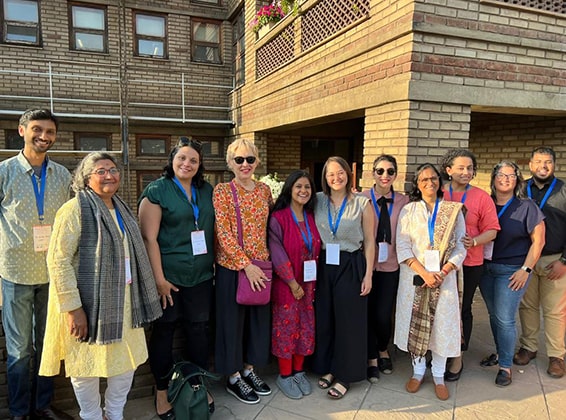
India – Australia Industry and Research Collaboration for Reducing Plastic Waste
The India – Australia Industry and Research Collaboration for Reducing Plastic Waste is a three-year collaboration with partners in both India – the Development Alternatives, Council of Scientific and Industrial Research (CSIR), and The Energy and Resources Institute (TERI) – and Australia - the University of New South Wales (UNSW), the University of Technology Sydney (UTS) and CSIRO. The collaboration works closely with industry, government and community stakeholders to evaluate the economic and policy implications of transitioning to a circular economy for plastics. The collaboration aims to collaborativelytogether build a roadmap identifying the main technical innovations, both at community and large industrial scale, that will help to innovate across the plastics supply chain reducing end-of -life plastics waste and enabling design for circularity and demonstrate innovations at ground in a series of demonstration projects.

